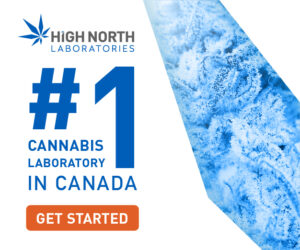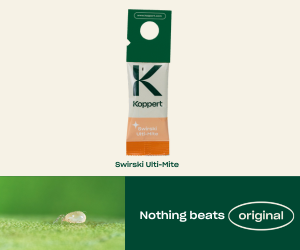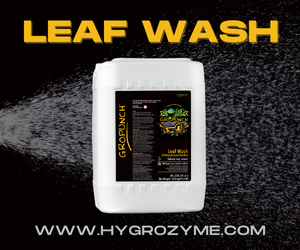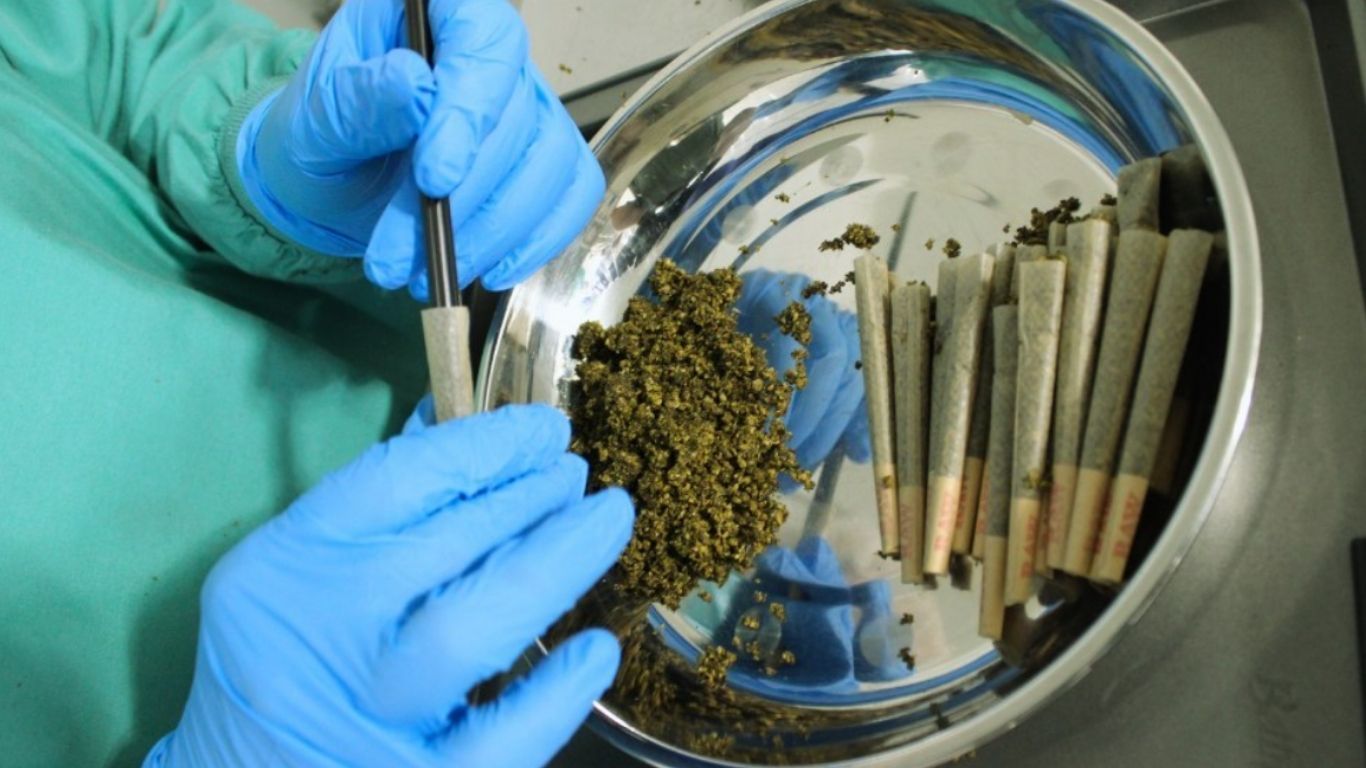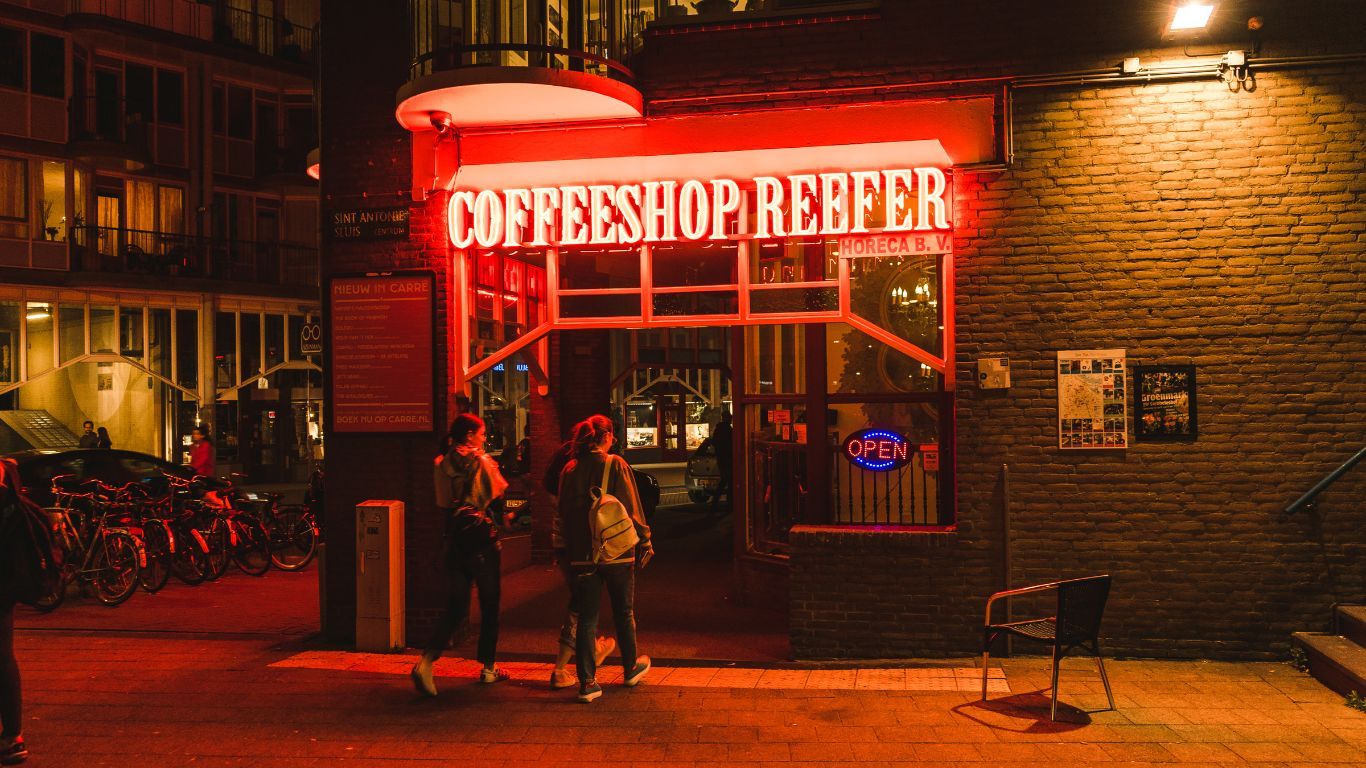
Metro Vancouver’s Regional Board (MVRD) of Directors says they want to collaborate with other provincial agencies on any potential regulation of cannabis farm emissions rather than continuing to develop its own regulations.
Several MVRD board members said they felt the staff proposal to regulate Volatile Organic Compounds (VOCs) from cannabis production facilities and farms was a backdoor route to trying to regulate the odour of cannabis itself.
Several mayors—who serve as board members—also questioned the need to spend the board’s time and resources on regulating something that amounts to less than one percent of all regional VOCs and concerns that this will lead to regulatory creep into other types of farms.
Metro Vancouver—encompassing 21 cities in BC’s Lower Mainland, one electoral area, and one treaty First Nation—first announced its plans to regulate volatile organic compounds (VOCs) from cannabis production in 2019, holding stakeholder meetings in late 2020 and early 2021.
In 2021, the BC Ministry of Agriculture, Food and Fisheries issued its own report that called into question Metro Vancouver’s plans, noting that cannabis production only accounts for a small fraction of overall VOCs in the region.
“We have a very diverse agricultural community, and we want to ensure they are not over-regulated”
Nicole Macdonald, Mayor of Pitt Meadows
It estimates that indoor cannabis accounts for about 146 tonnes of VOCs per year, compared to 715 for crops and pasture land, 9,500 from plants and vegetation (non-commercial crops), and over 37,000 from other non-agricultural, human sources such as fuel, vehicles, and paints and chemical products.
In a board meeting on Friday, July 28, Patrick Johnstone, the mayor of New Westminster, echoed these concerns, saying he would like to see the board working with the Ministry of Agriculture, and added that VOCs from cannabis production represent less than 1% of total VOC’s for the region.
Nicole MacDonald, the mayor of Pitt Meadows, home to several cannabis growers and processors, says she was concerned about city staff’s proposed approach and how it would further “isolate” cannabis farmers from other types of farms.
“We have a very diverse agricultural community, and we want to ensure they are not overregulated,” said MacDonald.
Mike Bose, a city councillor from Surrey, spoke of “legislative creep” and over-regulation, saying that he felt the real goal of the proposal was to find a way to deal with the odour of cannabis.
“Agriculture is smelly, it’s noisy, it’s dirty, it’s messy,” said Bose, adding, “We’re talking about limiting the use of some of the most productive land in the country, let alone the province.”
“All we’re going to do is find a way to legislate away the smell from a greenhouse that’s growing cannabis, then tomorrow it’s a dairy farm, then the day after it’s a chicken farm, and then it’s oh my god, the blueberry farms….”
Last, Dan Ruimy, the newly-elected mayor of Maple Ridge, pointed out that Health Canada already has strict rules in place to control odour for indoor facilities, and said that such regulations could “destroy a fledgling industry.”
Staff proposed two suggestions. One was to send a letter to the Ministers of Agriculture and Food, Environment and Climate Change Strategy, and Public Safety and the Solicitor General, requesting collaboration with Metro Vancouver on developing a concerted approach for managing emissions from cannabis production and processing in the Metro Vancouver region in a manner that protects public health and regional economic prosperity.
“All we’re going to do is find a way to legislate away the smell from a greenhouse that’s growing cannabis, then tomorrow it’s a dairy farm, then the day after it’s a chicken farm, and then…the blueberry farms….”
Mike Bose, a city councillor in Richmond, BC
The second was to direct staff to continue developing options to manage emissions from cannabis production and processing as described in the June 23, 2023 report titled “Phase 2 Engagement Summary and Next Steps for Managing Emissions from Cannabis Production and Processing.”
The MVRD board approved the first proposal but rejected the second. The next step will be for staff to send the letter and report back to the board when they have more information at a future date.
The meeting can be viewed online here.
Note: This article previously attributed Director Bose’s comments to Bill McNulty, a city councillor in Richmond, BC.





